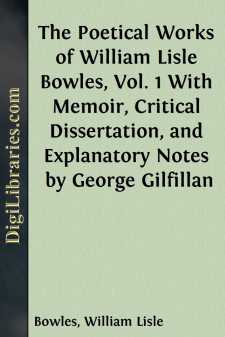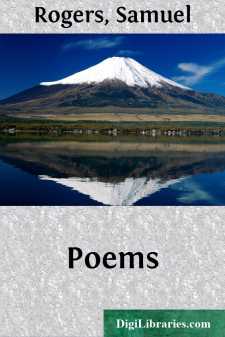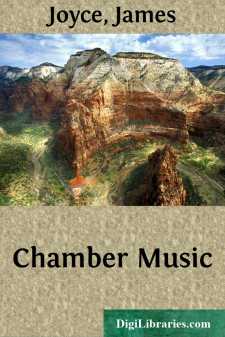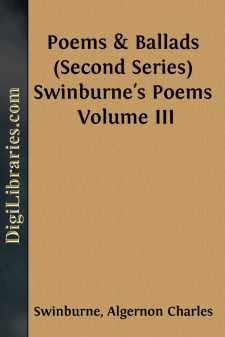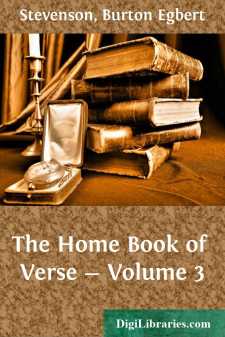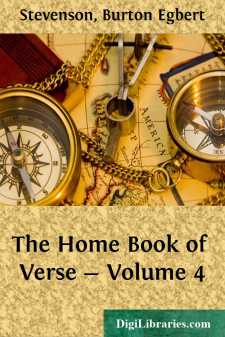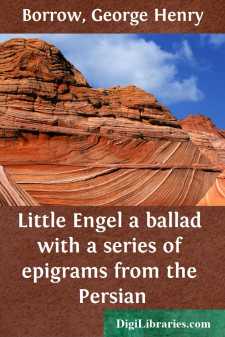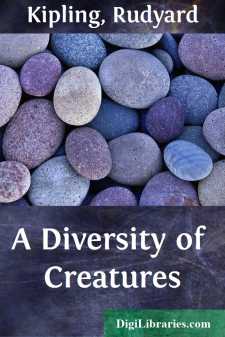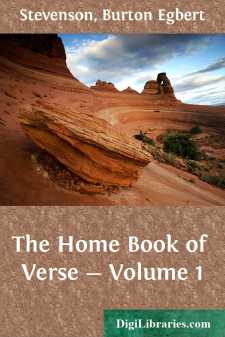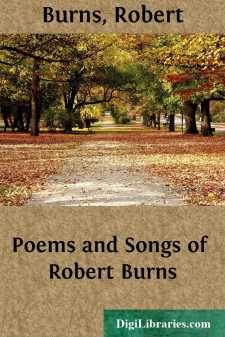Poetry
- American 96
- Ancient, Classical & Medieval 41
- Asian 15
- Australian & Oceanian 11
- Canadian 11
- Caribbean & Latin American 5
- Children's Poetry & Nursery rhymes 51
- Continental European 11
- English, Irish, Scottish, Welsh
- General 483
- Inspirational & Religious 7
- Middle Eastern 3
English, Irish, Scottish, Welsh Books
Sort by:
PREFACE. A Ninth Edition of the following Poems having been called for by the public, the author is induced to say a few words, particularly concerning those which, under the name of Sonnets, describe his personal feelings. They can be considered in no other light than as exhibiting occasional reflections which naturally arose in his mind, chiefly during various excursions, undertaken to relieve, at...
more...
by:
Samuel Rogers
ANALYSIS OF THE FIRST PART. THE Poem begins with the description of an obscure village, and of the pleasing melancholy which it excites on being revisited after a long absence. This mixed sensation is an effect of the Memory. From an effect we naturally ascend to the cause; and the subject proposed is then unfolded with an investigation of the nature and leading principles of this faculty. It is...
more...
by:
James Joyce
I Strings in the earth and airMake music sweet;Strings by the river whereThe willows meet. There's music along the riverFor Love wanders there,Pale flowers on his mantle,Dark leaves on his hair. All softly playing,With head to the music bent,And fingers strayingUpon an instrument. The twilight turns from amethystTo deep and deeper blue,The lamp fills with a pale green glowThe trees of the avenue....
more...
THE LAST ORACLE (A.D. 361)Years have risen and fallen in darkness or in twilight, Ages waxed and waned that knew not thee nor thine,While the world sought light by night and sought not thy light, Since the sad last pilgrim left thy dark mid shrine.Dark the shrine and dumb the fount of song thence welling, Save for words more sad than tears of blood, that said: Tell the king, on earth has...
more...
POEMS OF NATURE The world is too much with us; late and soon,Getting and spending, we lay waste our powers:Little we see in Nature that is ours;We have given our hearts away, a sordid boon!This sea that bares her bosom to the moon,The winds that will be howling at all hours,And are up-gathered now like sleeping flowers;For this, for everything, we are out of tune;It moves us not.—Great God! I'd...
more...
BALLADE OF THE PRIMITIVE JEST "What did the dark-haired Iberian laugh at before the tall blondeAryan drove him into the corners of Europe?"—Brander Matthews I am an ancient Jest!Palaeolithic manIn his arboreal nestThe sparks of fun would fan;My outline did he plan,And laughed like one possessed,'Twas thus my course began,I am a Merry Jest! I am an early Jest!Man delved, and built, and...
more...
LITTLE ENGEL. It was the little Engel, he So handsome was and gay;To Upland rode he on a tide And bore a maid away. In ill hour he to Upland rode And made a maid his prize;The first night they together lay Was down by Vesteryse. It was the little Engel he Awoke at black midnight,And straight begins his dream to state In terror and affright. “Methought the wolf-whelp and his...
more...
by:
Rudyard Kipling
As Easy as A.B.C. (1912) The A.B.C., that semi-elected, semi-nominated body of a few score persons, controls the Planet. Transportation is Civilisation, our motto runs. Theoretically we do what we please, so long as we do not interfere with the trafficand all it implies.Practically, the A.B.C. confirms or annuls all international arrangements, and, to judge from its last report, finds our tolerant,...
more...
"ONLY A BABY SMALL" Only a baby small,Dropped from the skies,Only a laughing face,Two sunny eyes;Only two cherry lips,One chubby nose;Only two little hands,Ten little toes. Only a golden head,Curly and soft;Only a tongue that wagsLoudly and oft;Only a little brain,Empty of thought;Only a little heart,Troubled with naught. Only a tender flowerSent us to rear;Only a life to loveWhile we are...
more...
by:
Robert Burns
Preface Robert Burns was born near Ayr, Scotland, 25th of January, 1759. He was the son of William Burnes, or Burness, at the time of the poet's birth a nurseryman on the banks of the Doon in Ayrshire. His father, though always extremely poor, attempted to give his children a fair education, and Robert, who was the eldest, went to school for three years in a neighboring village, and later, for...
more...


